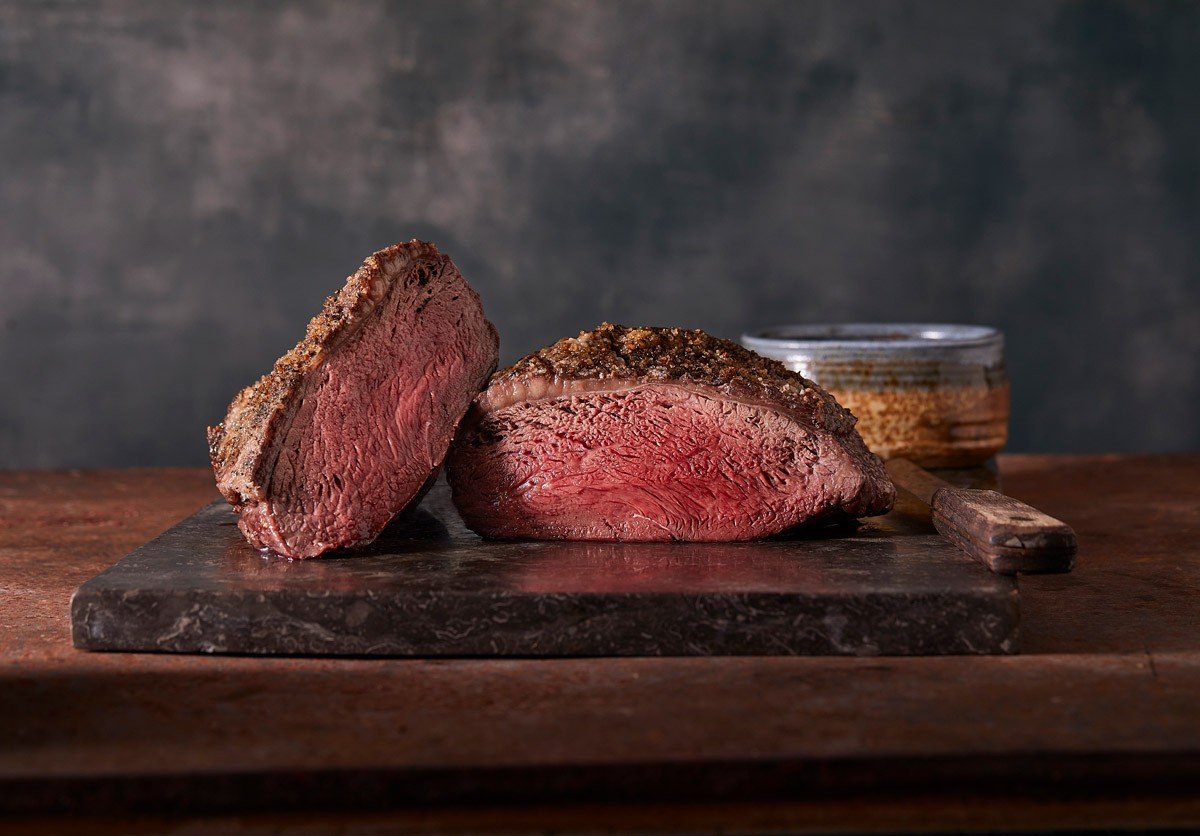With its rich flavors and versatility, beef and Argentine Beef, in particular, has long been a staple in culinary traditions across the globe. However, the way in which beef is sliced can significantly impact the taste and overall dining experience.
This article delves into the fascinating world of slicing and dicing beef, exploring how different cuts and preparation methods can yield distinct flavors and textures that cater to diverse palates.
Understanding the Cuts:
When it comes to slicing beef, the culinary artist must first consider the type of cut being evaluated. For instance, the sirloin cut is known for its leaner composition, possessing less marbling and, subsequently, less flavor. Conversely, the ribeye cut is celebrated for its intense marbling, resulting in exceptional taste and tenderness. It's worth noting, however, that due to its high marbling content, ribeye tends to be pricier.
Enhancing the Flavor:
Culinary enthusiasts often turn to techniques such as grilling to enhance the taste of a leaner cut like sirloin. The natural juices are locked in by giving the sirloin a fantastic sear on the grill, resulting in a more succulent and flavorful eating experience. This method not only adds depth to the meat but also imparts a delightful smoky char that complements the lean nature of the sirloin. On the other hand, the inherent marbling of a ribeye ensures a juicy and tender steak, even with more straightforward preparation methods such as pan-searing or broiling.
Cooking Methods and Flavor Profiles:
When it comes to the debate over superior preparation methods, the answer ultimately lies in the type of flavor profile one desires. Different cooking techniques can accentuate specific qualities of the meat, allowing for a diverse range of taste experiences. For example, grilling lends a robust and smoky flavor to beef, perfect for those seeking a rustic and charred taste sensation. On the contrary, pan-searing captures the essence of the beef's natural flavors while providing a caramelized crust that appeals to those who prefer rich and savory notes.
Beyond Traditional Cuts:
While traditional cuts like sirloin and ribeye often take center stage in beef dishes, a world of exploration awaits culinary enthusiasts who venture beyond the conventional. Lesser-known cuts, such as flank steak or hanger steak, can offer unique flavors and textures when properly sliced and prepared. In fact, for something exceptional, you may want to try Argentine Beef, which is one of the world's favorites. Slicing these cuts against the grain can yield tenderness and juiciness, ensuring a delightful dining experience even with leaner alternatives.
The Art of Presentation:
Beyond the culinary aspect, how beef is sliced and presented can also influence the overall enjoyment of the meal. Whether it's thinly sliced roast beef for sandwiches, expertly cut beef tenderloin for a fancy dinner, or thick-cut steaks for a hearty barbecue, the aesthetics of the dish can significantly enhance the dining experience. Slicing beef with precision and arranging it thoughtfully on the plate showcases attention to detail and elevates the dish's visual appeal, making it all the more appetizing.
Conclusion:
Slicing and dicing beef is an art form that goes beyond mere technique. It involves understanding the unique characteristics of different cuts and matching the desired flavor profile with the most appropriate cooking method. Culinary enthusiasts can create a symphony of flavors catering to their taste preferences by exploring various cuts and preparation techniques. Of course, you can make the most out of your dining experience with loved ones, friends, or patrons by using naturally raised Argentine Beef. So, the next time you embark on a beef culinary adventure, remember how you slice and dice your beef can unlock a world of flavors waiting to be savored.

